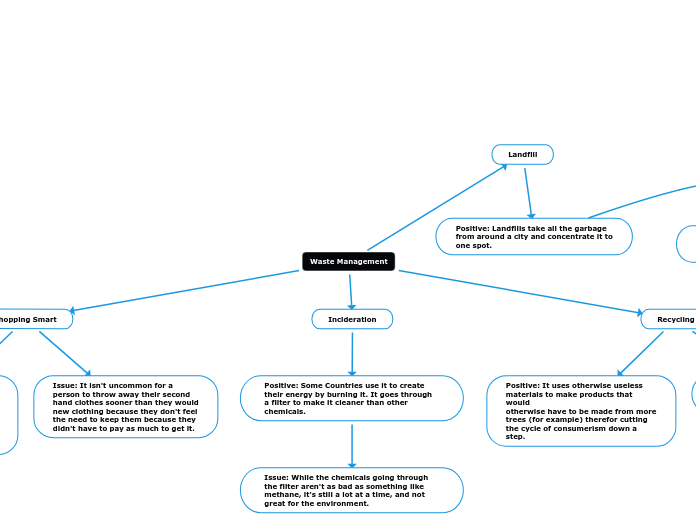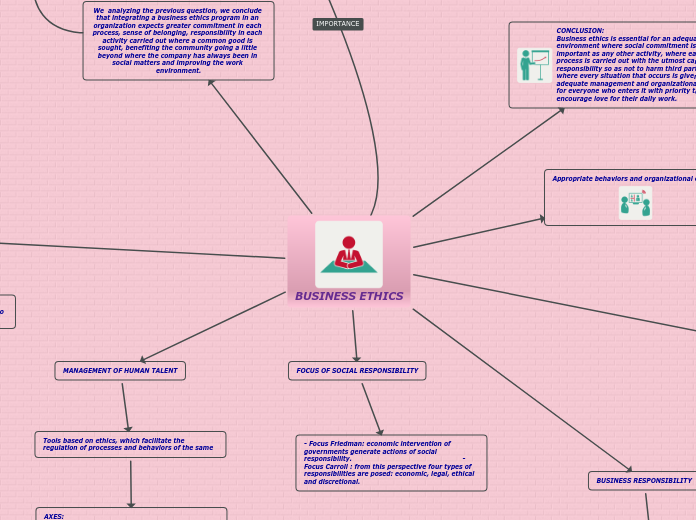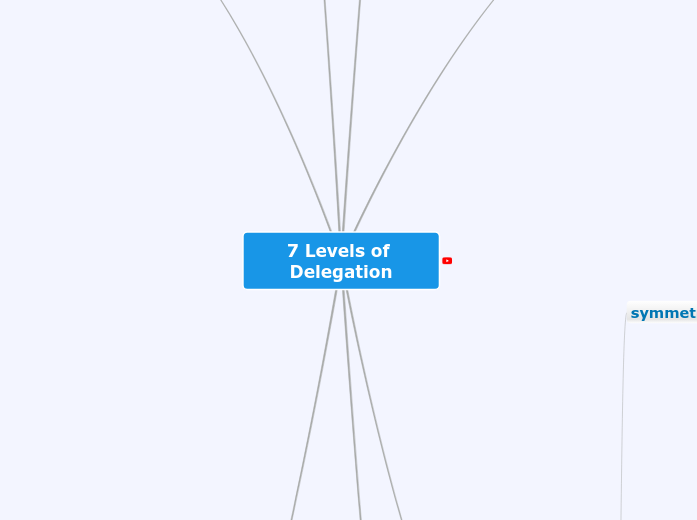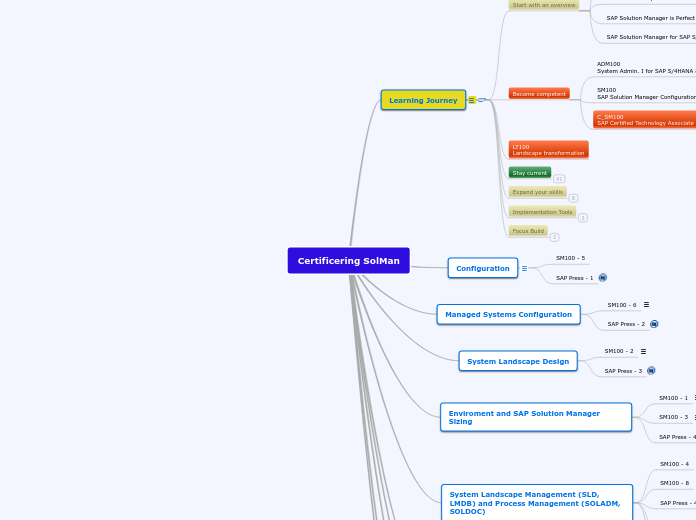von BRENDON ROY Vor 2 Jahren
199
Waste Management
Managing waste effectively is crucial for environmental sustainability. Purchasing second-hand clothes not only lowers the production demand but also reduces the disposal burden. This practice is more economical and helps in extending the lifecycle of clothing.









